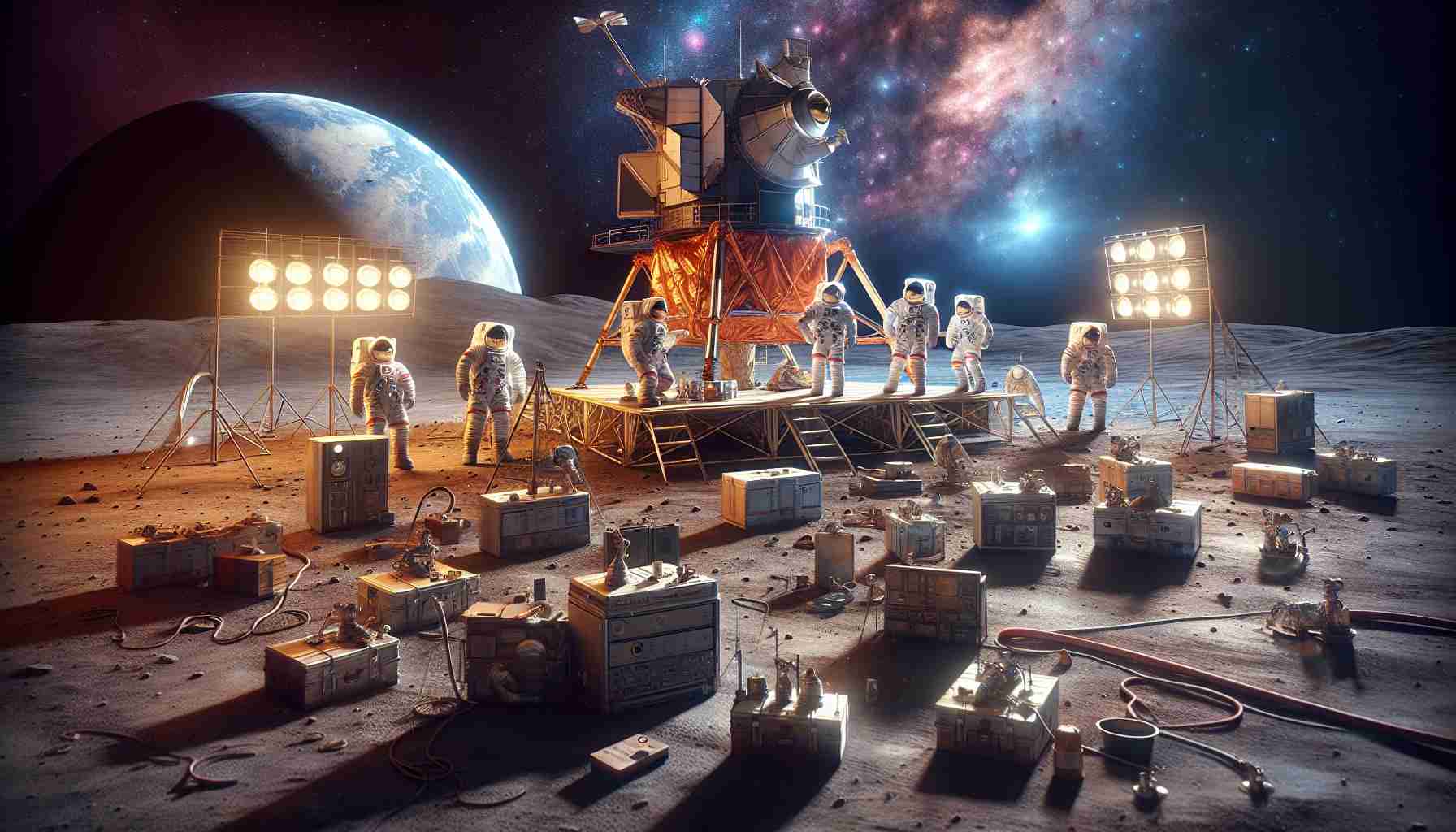Overview of a Pivotal Year in Space Exploration
2023 has been a remarkable year for space enthusiasts, filled with unforgettable highlights and unexpected twists in the cosmos. As we reflect on this year’s journey through space, there have been several significant events that stood out, showcasing human ingenuity and the challenges of exploration.
https://youtube.com/watch?v=iyY6INRlGCY
Among the notable achievements, NASA’s missions have continued to push the boundaries of what is possible. With groundbreaking technology and innovative approaches, scientists have made strides in understanding our solar system and beyond. The year has also been marked by collaboration, as international partnerships have flourished, culminating in several joint missions that expand the reach of space exploration.
However, the year was not without its challenges. Several high-profile setbacks served as a reminder of the uncertainties that space exploration entails. Failures in satellite launches and unexpected equipment malfunctions tested the resilience of the organizations involved. Each setback, while disappointing, provided crucial lessons that pave the way for future missions.
As we look back on this year’s spectacular visuals and gripping moments, it’s clear that the journey into the cosmos is as thrilling as ever. The stories of triumph and adversity continue to inspire the next generation of explorers, ensuring that the adventure of space exploration is far from over.
2023: A Transformative Year for Space Exploration and Innovation
Overview of a Pivotal Year in Space Exploration
2023 has undoubtedly been a transformative year for space exploration, marked by groundbreaking advancements, collaborative efforts, and lessons learned from setbacks. As we delve into the significant events of this year, we see an inspiring narrative of human ingenuity intertwined with the unforeseen challenges that come with venturing beyond our planet.
Key Missions and Innovations
NASA led the charge with various missions including the Artemis program, aiming to return humans to the Moon by 2024 and eventually pave the way for Mars exploration. The Artemis I mission, which successfully completed its flight test, demonstrated critical systems necessary for future lunar landings. Additionally, the James Webb Space Telescope has continued to deliver unprecedented images and data, deepening our understanding of distant galaxies and the very formation of stars.
Other organizations, including SpaceX, have propelled advancements in reusable rocket technologies. In 2023, SpaceX’s Starship achieved significant milestones, showcasing the viability of deep space travel. Similarly, China’s lunar exploration program has made impressive strides, with missions like Chang’e 6 planned for sample return from the Moon, further showcasing the global expansion of space exploration.
Collaboration in Space
International partnerships have characterized 2023, with the establishment of collaborative missions between countries. The International Space Station (ISS) continues to be a hub for multinational scientific research, and new ventures, such as the lunar Gateway project being developed by NASA and its partners, highlight the commitment to shared goals in exploring the Moon and beyond.
Challenges and Lessons Learned
Despite the successes, 2023 has not been devoid of challenges. High-profile satellite launch failures remind us of the complexities involved in space technology. For instance, the delayed launch of several commercial satellites resulted from unexpected design flaws, underscoring the iterative nature of engineering in space exploration. These experiences serve as vital learning opportunities, enhancing future mission strategies and designs.
Emerging Trends and Future Predictions
As we look towards the future, the space industry is anticipated to witness significant growth and innovation. The rise of commercial space travel promises to democratize access to space, with companies planning for space tourism experiences. Furthermore, advancements in artificial intelligence are poised to enhance mission planning and data analysis, making exploration more efficient.
Sustainability in Space Exploration
The topic of sustainability has also gained traction this year, with space agencies emphasizing the importance of minimizing space debris and ensuring long-term viability for human presence in space. Initiatives aimed at cleaning up orbital debris are becoming crucial components of new mission strategies, ensuring that exploration does not come at the cost of our shared orbital environment.
Conclusion: The Road Ahead
2023 has set the stage for an exciting future in space exploration, characterized by innovations and a collective commitment to overcoming challenges. The relentless pursuit of knowledge about our universe inspires the next generation of scientists and engineers, ensuring that humanity’s adventure into space is only just beginning. As we move forward, the lessons learned this year will undoubtedly shape the future of explorations, securing a bright trajectory for the endeavors that lie ahead.
For more insights into the latest in space exploration, visit NASA for updates and ongoing missions.
